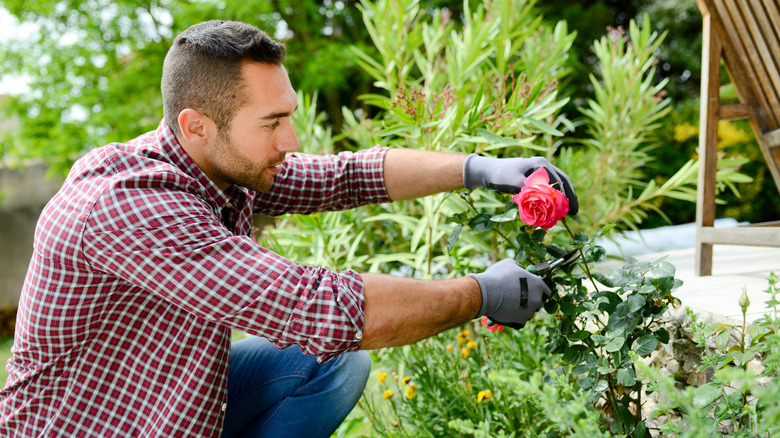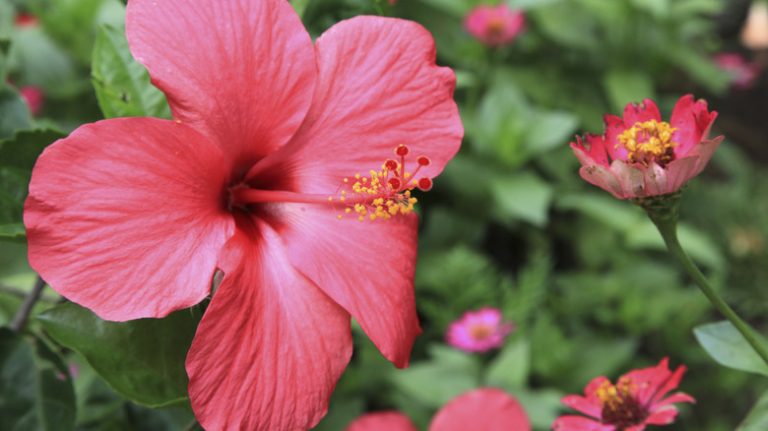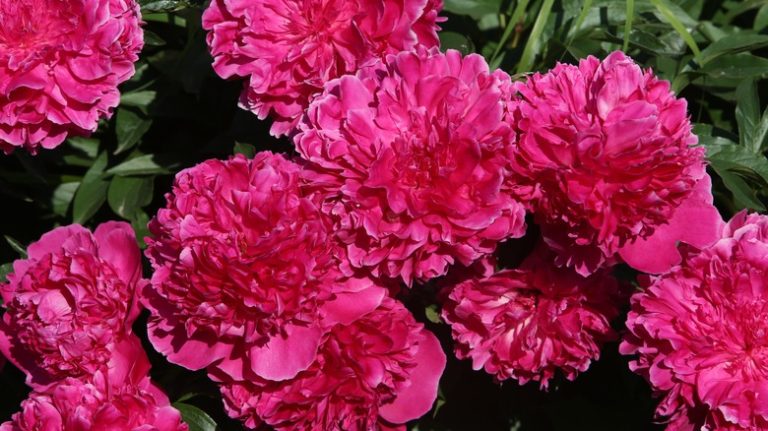Roses are one of the most common garden plants. Rich green foliage and large, bright blooms make them a stunning focal point in any flower plot. But they can be notoriously tricky to care for, especially if you’re battling against less-than-ideal environmental conditions or growing your roses in pots. Most notably, roses can be very picky about their soil and need a good amount of moisture (as long as it doesn’t pool too long around their roots). They need full sun and require frequent tending and fertilization to grow in an aesthetically pleasing bush and produce impressive blooms. Even in the best of garden conditions, they may fail to root or develop deformities. Finally, even if you do manage to grow glamourous roses, certain varieties are quite vulnerable to pests and diseases. All of these factors make them a rather high-maintenance garden plant, however pretty they might be.
But growing roses doesn’t always have to be a constant struggle. If you keep trying to grow roses to no avail, you might be choosing the wrong varieties and ignoring some key care details. Here’s why roses often fail in the garden and what you can do to ensure their success — and earn the admiration of your neighbors.
Common problems with growing roses
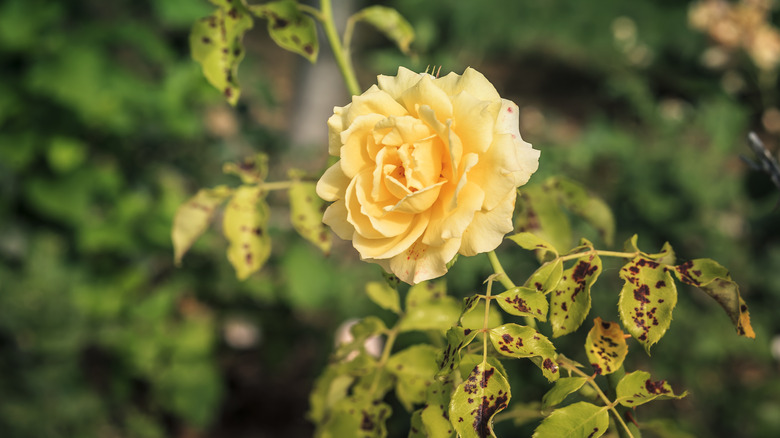
The environment can make or break roses. For one, they need at least six hours of direct sunlight per day to thrive, and too little sunlight can cause rose blindness (a lack of flowers). They can also be hungry plants, requiring naturally rich, fertile soil or commercial fertilizers to produce the best blooms. Even after you find the perfect fertile, sunny spot in your yard, you can’t always pop a new rose bush where old ones used to grow. Replant disorder, also known as rose sickness, may prevent new roots from taking hold in old territory.
Roses also tend to be vulnerable to stubborn pests and diseases, including aphids, Japanese beetles, root rot, powdery mildew, botrytis blight, and other fungal infections. Black spot is one plague that rose growers know all too well. The aggressive fungus — Diplocarpon rosae — attacks new leaf growth and spreads when water drips from infected upper leaves down onto lower leaves. If the roses stay wet for too long or don’t get enough full sunlight, it’s very easy for black spot to spread and destroy an entire bush.
How to grow better roses
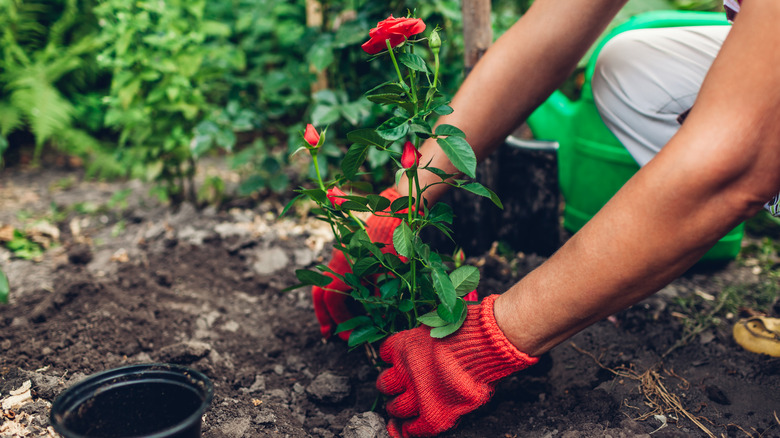
The best thing you can do for your roses is give them the home-plate advantage. Looking for a particular flower color or shape? Instead of battling against nature, try to shop carefully and find a variety that is best suited for your environment. “Choosing the right one for your climate region can make for instant success. But the wrong rose will constantly be diminished, and the home gardener may give up,” says author and rose expert Peter E. Kukielski (via The New York Times). A carefully chosen variety will be more likely to thrive and fight off an onslaught of garden pests. Companion plants — including flowering perennials and annuals, as well as the biennial herb parsley, — can also help your roses stay healthy, bounce the soil back from replant disorder, and attract beneficial insects.
When it comes to caring for roses, sometimes less maintenance is actually better. Fertile soil is important, but that doesn’t mean commercial fertilizer is your best option. Instead, think about enriching the soil with natural nutrients from compost, alfalfa meal, kelp meal, and mulch. Roses will thrive in heavy, rich soil like clay or loam, but make sure there is a good balance of dryer components like sand to provide good drainage. Always plant your roses in full sun, water them at the roots, and rake up any fallen leaves to prevent the spread of black spot.

